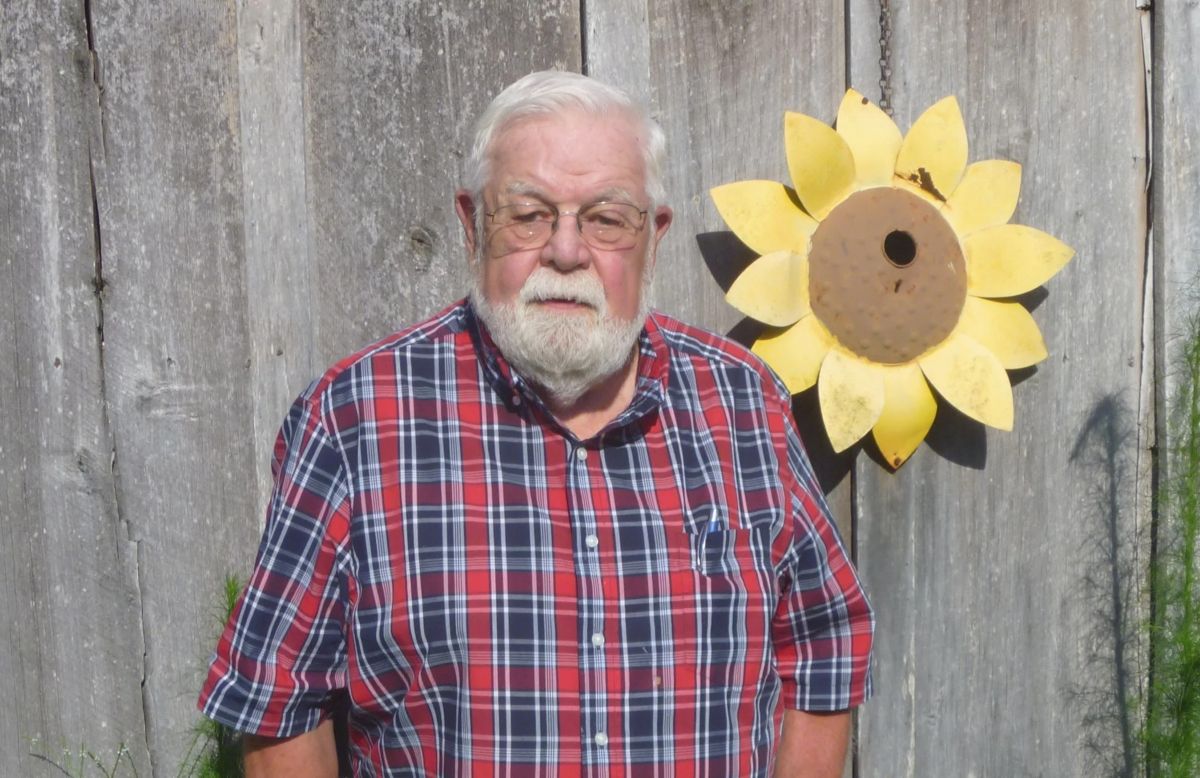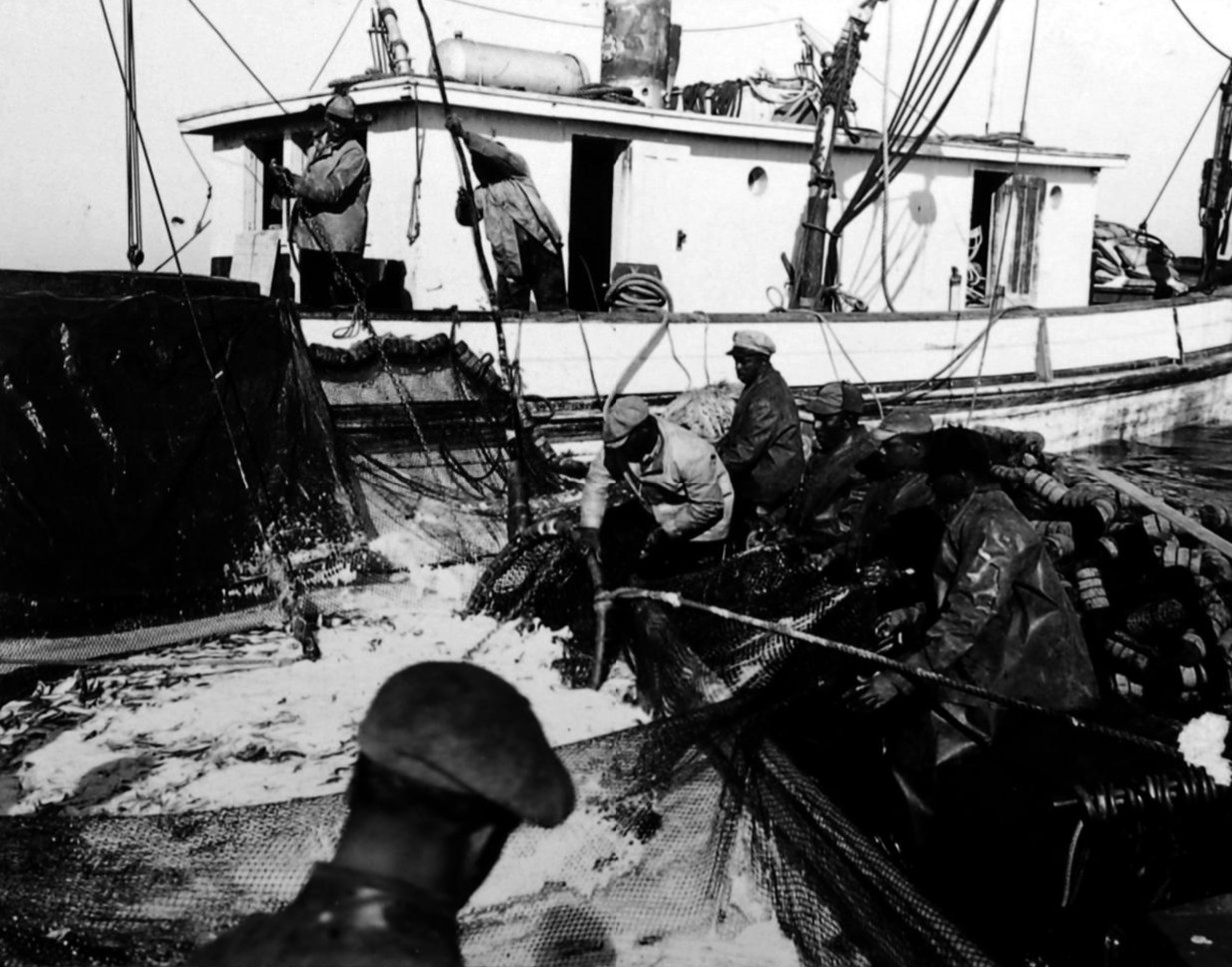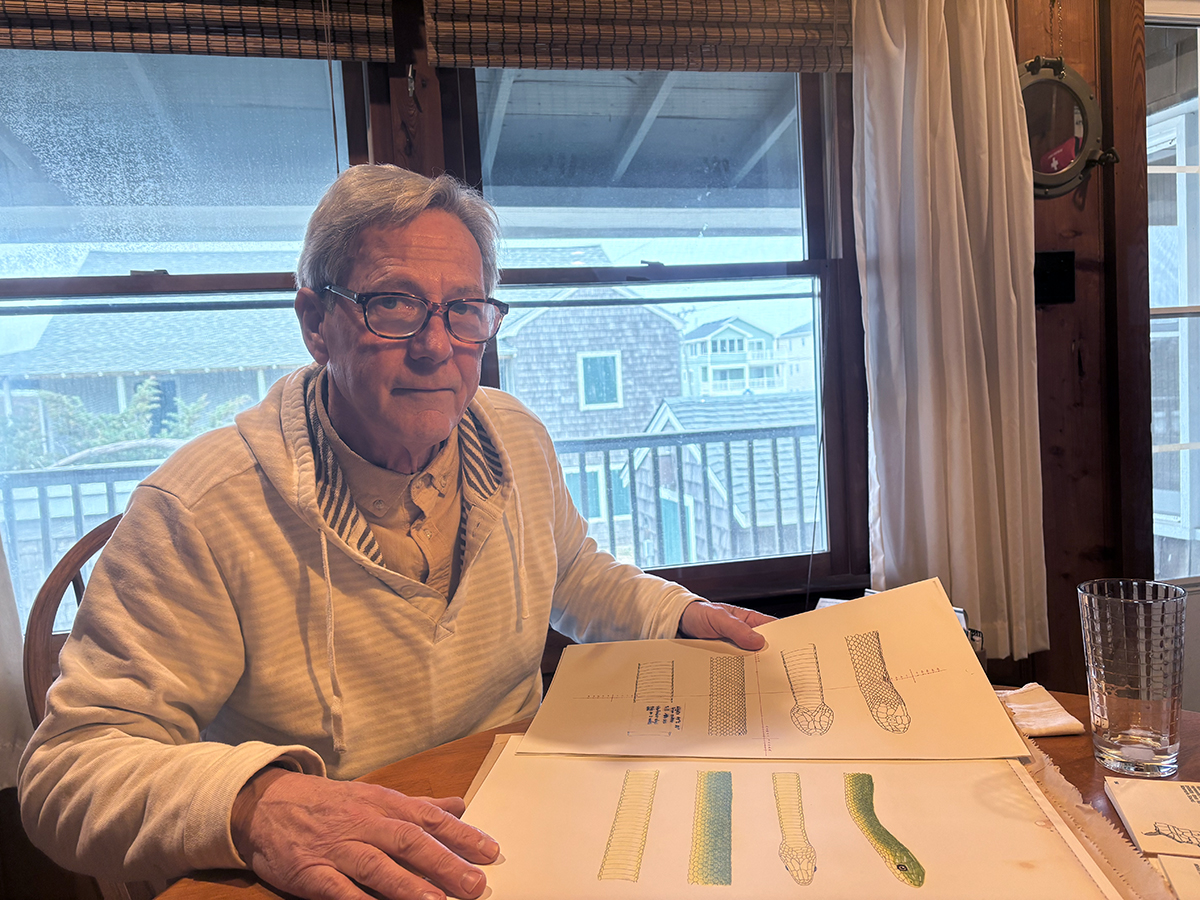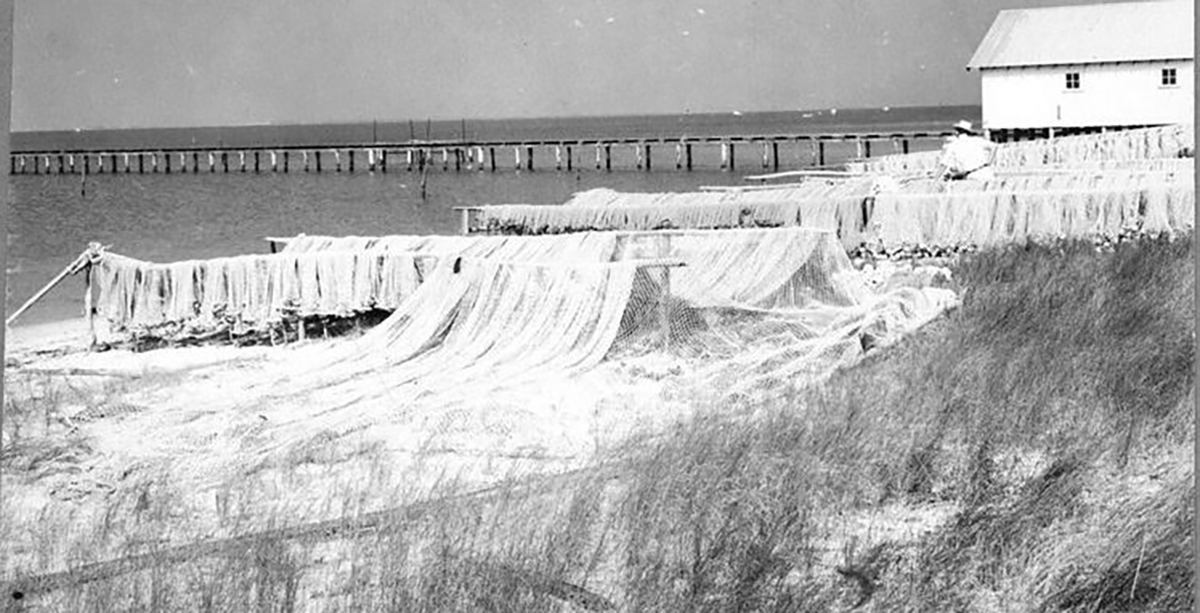COLUMBIA — Daniel Salazar had one of those light bulb moments five years ago while in middle school, and it has influenced the direction of his life ever since.
As Salazar, 20, is about to complete a 15-month internship with the N.C. Coastal Federation, he recounted when federation educator Sara Hallas came to his seventh-grade classroom to talk about the school’s rain garden they were building.
Supporter Spotlight
“It was all new – I really had no idea,” he said. “In my head, we just were planting stuff and I thought it looked pretty.”
But he found himself fascinated to learn from Hallas how the native plants filtered the groundwater, controlled stormwater runoff and adjusted to the changing climate.
“That got me a little more turned on to science in general,” Salazar said. “It was very interesting. I saw how it affected everything. I really saw how science connected to the world rather than just being a subject at school.”
When Salazar later learned from Willy Phillips, his boss at Full Circle Crab Co. in the Tyrrell County town of Columbia, that the federation offered internships, he immediately applied.
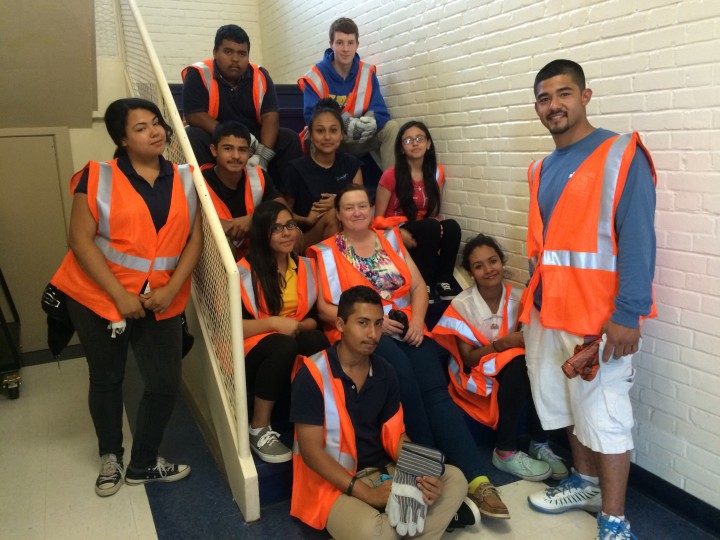
After starting last May, Salazar reconnected with the Juntos program at Columbia High School, extending the federation’s outreach to the underserved Latino community.
Supporter Spotlight
It was a homecoming of sorts for Salazar, who was a member of the club all through high school.
Juntos, which means “together” in Spanish, is a national program that unites eighth- through 12th-grade Latino students and their parents in community volunteer efforts and social activities, while providing the resources to help the students stay in school and gain access to college.
Every year, Salazar said, the group would do car washes and sell raffle tickets and pizza kits to raise money to go on a trip together to places including Asheville, Florida, Myrtle Beach, S.C., and Water Country in Virginia.
“It was amazing,” he said about his Juntos experience. “We built a brotherhood. It was all friends. They helped us get jobs.”
The program at Columbia High School was a natural fit with Salazar’s federation internship. As part of the “Juntos Hacemos la Diferencia” or “Together We Make a Difference” collaboration, Salazar invited the current Juntos group to the federation office in Manteo to learn about low-impact development or LID techniques such as rain barrels, cisterns and permeable pavement. They also visited a wetland restoration project at the mouth of Shallowbag Bay, and the N.C. Aquarium to see its LID projects, including a large cistern system.
“Daniel is one of the first ones who has focused on outreach and education and specifically helped us reach the underserved community,” said Hallas, environmental education coordinator at the federation’s northeast office.
In return for providing the Juntos club members with real-life science experiences, the youth volunteered to help the federation with some environmental projects.
In March , Salazar took the group through the streets of Columbia, knocking on doors to find residents or businesses interested in a stormwater-reduction project. The Juntos team explained that they would redirect a downspout on the building to a vegetated buffer or a rain barrel. The team returned in May and completed installation of 10 rain barrels, which was paid for by a $500 Community Foundation grant to the federation.
“I think they were truly invested in wanting to help their community to be better,” Hallas said about the Juntos youth. “I think they were proud to know that what they were doing wasn’t just helping one person – it was helping the water quality of the Scuppernong River.”
Hallas said that Salazar served as an inspiration to the young people, who could see the former Juntos member coming back to help his community and share his appreciation for the environment.
“So now it’s almost like Daniel has come full circle from being an environmental steward and student to being a teacher,” Hallas said.
Hallas said that she plans to continue the relationship with Juntos after Salazar’s departure.
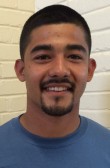
Another community effort Salazar launched with Juntos during his internship was a four-year adopt-a-highway project on a two-mile portion of U.S. 64 in Columbia, close to the school.
Wearing bright orange safety vests provided by the N.C. Department of Transportation, the 14-member Juntos group was getting ready to clean its section last month when a rainstorm forced Salazar to cancel.
“That’s the third time we’ve had to reschedule,” Salazar said.
While they were waiting to see if the rain would stop, a few students talked about their experiences with Juntos and Salazar.
“I think it’s really good because it helps us learn more about the environment,” said Salazar’s 15-year-old brother, Nester. “When Daniel got involved, it tweaked my interest. We can help clean up the community because not always is it the cleanest place.”
Rosa Cruz, also 15, said she didn’t know anything about rain barrels before, nor was she that interested in the environment, but said she has enjoyed learning about stormwater management and helping the community have a cleaner environment.
“I’m an outside person,” she said. “I play around with my sisters and cousins. I stay outside all day.”
Salazar said that the Latino community in Columbia, where he moved from Manteo for fifth grade, is small but very close. Born in Mexico, he said he came to the United States with his mother when he was 3 years old. His first job was at age 12 at a nursery in Edenton, where he picked watermelon during the summer.
Salazar said he has qualified for deferred action, the Obama administration program for immigrant young people. The program authorizes him to work and go to school and defers him from being deported for two years.
In addition to his job with Phillips, which he has held since he was 15, and his internship with the federation, Salazar said he also works as waiter.
That’s on top of going to college. In May, he graduated from Beaufort County Community College with an associate’s degree in arts. He plans to next attend Campbell University to obtain a bachelor’s in communications.
Ultimately, Salazar said his goal is to continue some sort of outreach with the Latino community, whether with the federation or another organization.
“I try my best,” he said, “to lead by example.”



